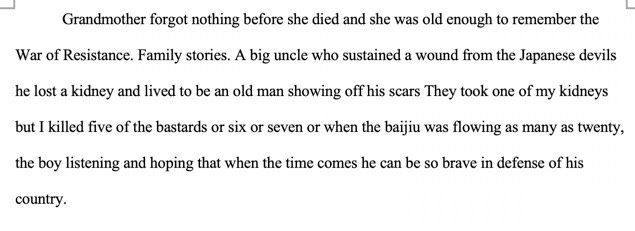Watched The Fellowship of the Ring recently with my six-year-old daughter. Some thoughts:
– Uneven film overall. I feel about the first hour and a half or so (up until the Hobbits arrive at Rivendale) in 2018 the same way I felt when I saw it in theaters: some of the best filmaking I’ve ever seen (and by the way, you can tell a lot about a person based on how they describe movies they like: One of the best movies I’ve ever seen or Some of the best filmaking I’ve ever seen or Some of the finest cinema ever made).
Seeing it in the theater was an amazing experience. I didn’t read the books before I saw the movie, and I found out about it in the old way, in the days before spoiler websites were clamoring for everyone’s traffic: in a magazine.
Yahoo Magazine, if I remember correctly, bought from the old WalMart in Springfield. They had a nice feature on the film, I thought it looked nice, and I later saw a trailer.
Seeing the movie in theaters allowed me back then to overlook its faults. My daughter and I watched the original edition. I’ve only seen the Extended Editions of Fellowship and Towers. To this day, I’ve never been able to sit through Return of the King’s half-day epic.
– Galadriel doesn’t work. The performance is over-the-top. Read this, sounding as intimidating as you can:
“In place of a Dark Lord you would have a Queen! Not dark, but beautiful and terrible as the dawn! Treacherous as the sea! Stronger than the foundations of the Earth! All shall love me and despair!”
A campy performance mixed with a special effects failure, but reading that, you get the impression that Laurence Olivier himself couldn’t make that work.
– Someone on a forum described the Gandalf-Saruman fight as two lightsaber-less Darth Vaders fighting each other. I can’t view this scene without thinking about his description. Thanks, random forum user from 2001.
– Gandalf’s death. This hit my daughter hard. She didn’t cry, but she kept asking me why Gandalf had to die. I explained it to her and she was very quiet afterwards. The emotional impact Gandalf’s sacrifice has on the story, not the mention the stakes it builds…to see how this effects someone who doesn’t know he comes back, I agree with George R.R. Martin: Gandalf should have stayed dead.
– Boromir’s death. “I would have followed you, my brother. My captain…my King.” Gets me every time.
– and Viggo Mortensen is Danish. Why did I think he was Australian this whole time?
Watching the movies has another effect, same as it did in 2001: I want to read the books. Say what you will about how slow the first book is, it provides wonderful escapism. The world Tolkien constructed is unlike any before or since, and calling GRRM the “American Tolkien” could be interpreted more than one way. For as rich and engaging as the Game of Thrones world is, it can’t rival Middle Earth.
Like this post? Share it with others:

